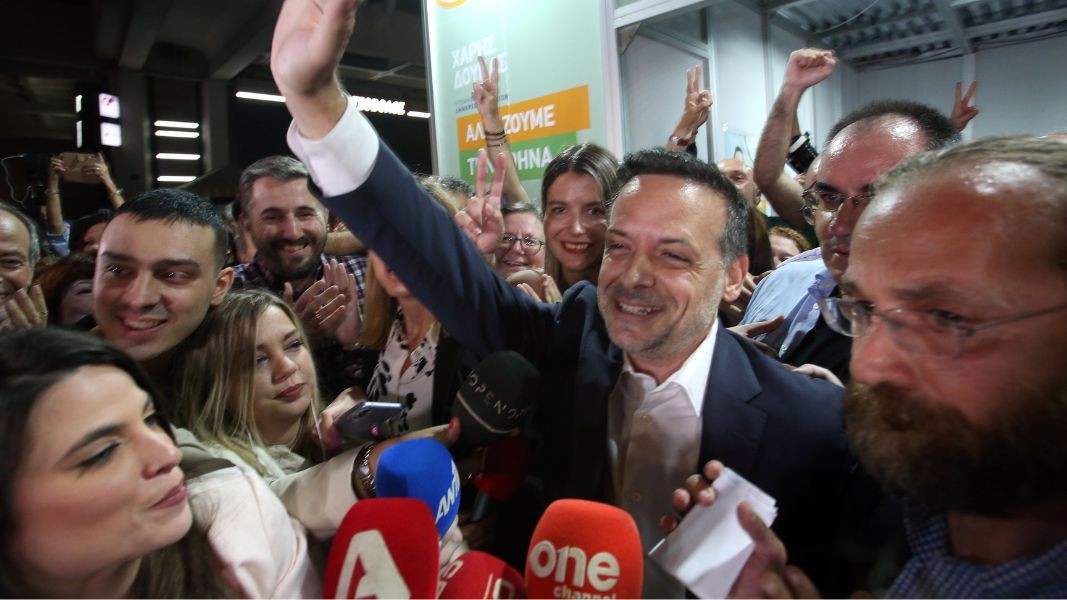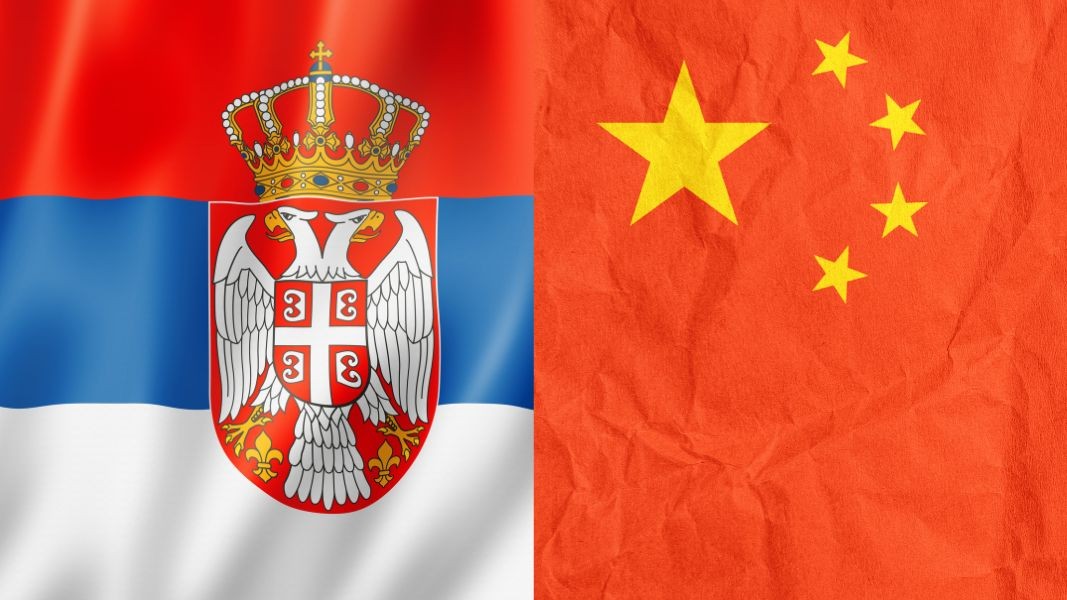Conservatives cede Athens and Thessaloniki to left wing

When the opposition rallied under the motto “everyone against the conservatives”, this brought about an unexpected turn in the results of the second round of the local elections in Greece. The conservatives, previously the favourites in Athens. Thessaloniki and Patras, failed to garner enough votes, BNR’s correspondent in Greece Katya Peeva reports. New Democracy lost the bid for mayor of Athens which came as a complete surprise, even to sociologists. The new socialist mayor Haris Doukas actually tripled the number of votes in his support within the space of just one week. Thessaloniki also has a socialist mayor – Stelios Angeloudis, while the election in Patras was won by its current mayor Konstantinos Peletidis, a nomination of the communists, supported by the entire opposition. Analysts say that the results come as a reaction by the voters to the conservative rule because of the delayed compensations for this year’s wildfires and flooding in Greece.
EU partially opens single market to Western Balkans 
The integration of Albania, Bosnia and Herzegovina, Montenegro, North Macedonia and Serbia into the EU was discussed at a summit in the capital of Albania Tirana. The meeting was attended by European Commission President Ursula von der Leyen, the President of the European Council Charles Michel and German Chancellor Olaf Scholz. The European leaders proposed the partial opening of the single market of the EU to six countries of the Western Balkans, in exchange for deep-going reforms before their full membership of the Union. Ursula von der Leyen announced that the EU had already made EUR 16 billion in investments available to the region, out of the EUR 30 billion promised. The accession negotiations between the EU and Montenegro were launched in 2012, and 33 of the total of 35 chapters have so far been opened. The negotiations with Serbia started in 2014, and with Albania and North Macedonia – in 2022, while Bosnia and Herzegovina, and Kosovo are still at an initial stage of integration. Russia’s war in Ukraine has put the EU integration of the Western Balkans back on the agenda. Croatia is the last country to have joined the Union in 2013.
Dusan Nikezic about Serbia-China relations: We are moving towards debt slavery
Strong friendship has been an invariable in the relations between China and Serbia for decades, but in recent years we have increasingly been moving towards neocolonialism and debt slavery, the deputy chair of the Serbian opposition Party of Freedom and Justice Dusan Nikezic warned, quoted by Danas. In his words, Serbia exports cheap raw materials to China, like copper ore and unprocessed wood, and what it imports from that country is expensive medical, computer and telecommunications equipment. The proportionality in the trade between the two countries has been growing more and more unbalanced, and is reminiscent of neocolonial relations, Dusan Nikezic said, and added that whereas 10 years ago Serbia and China had a foreign trade deficit of around EUR 1 billion, now it is EUR 3.7 billion. During the visit to China by Serbia’s President Aleksandar Vucic for the One Belt One Road forum, a free trade agreement was signed between Serbia and China. Two contracts were also signed with Chinese companies for the construction of around 300 kms. of road infrastructure amounting to EUR 4 billion. “We are going to take out loans from China at a disadvantage to implement the projects, and there will be Chinese workers working on them,” Nikezic commented. The government has not given up the idea of joining the EU, though Serbia has been moving away from the EU, Dusan Nikezic says.
Turkish TV shows reach 750 million viewers in over 150 countries
The Turkish TV shows are watched by 750 million viewers in 152 countries, announced Türkiye’s Deputy Minister of Culture and Tourism Batuhan Mumcu, as quoted by Hurriyet Daily News. Türkiye is also at the top of the list of countries in the export of TV series among the non-English language countries, and third in the world, after the US and the UK. Every year, the country produces around 50 TV shows, and depending on the country, the cost per episode ranges from USD 300,000 to 700,000, a representative of the industry said recently. According to Deputy Minister Mumcu, the export of TV series is more than a source of income, it is a “powerful tool of cultural diplomacy”.
Compiled by Miglena Ivanova
Translated and posted by Milena Daynova
Photos: BGNES, Pexels, Facebook /Turkish TV series and actors
On May 8, extraordinary parliamentary elections and a second round of presidential elections were held in North Macedonia. Before the vote, one of the leading Albanian publicists in the country called the Bulgarians "orphans" in the..
The 30-day election campaign in Bulgaria begins at midnight on 10 May – the 6 th campaign for national parliament in the space of three and a half years. What makes this one different is that this time the voting will be for both members of the 50..
Many Greeks choose the new option of voting by mail More than 157,000 Greek citizens have registered to vote by mail at the election for European Parliament on 9 June, the Kathimerini newspaper writes, citing official data. Around 116,000 of the..

+359 2 9336 661
